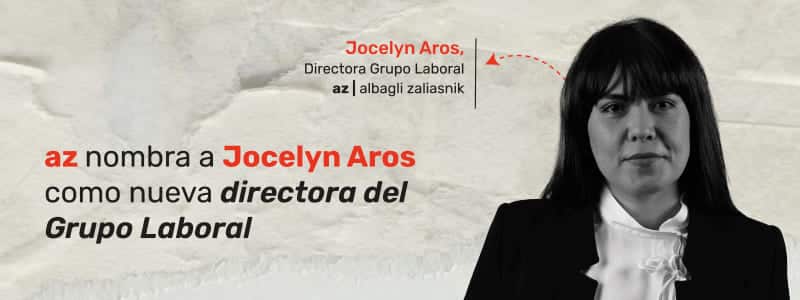We invite you to read the column written by our partner, Gabriel Zaliasnik, on procedural practices that denaturalize the criminal procedure system as a result of cases of high public impact this year.
The string of formalization hearings in cases of high public impact this year, which culminated last week with the arrest and formalization of former Undersecretary Manuel Monsalve, has offered us a rare opportunity to visualize how some procedural practices that denaturalize the criminal procedure system have been installed.
In effect, the extension of these hearings for long and unnecessary days in which many times the accused -as happened with Monsalve- remains deprived of liberty under the euphemism of “detainee in transit”; the appearance of multiple state actors in addition to the Public Prosecutor’s Office, such as the State Defense Council or the Internal Revenue Service, violating the principle of equality of arms in what former Supreme Court Justice Carlos Cerda once rightly called a “three-headed state”; or the use of secrecy or confidentiality of the investigation that hinders the proper defense of a defendant, are all situations that merit a thorough review.
Let us focus on the latter. Our Code of Criminal Procedure, in Article 182, provides as an exceptional measure the rule of relative secrecy of the investigations carried out by the Public Prosecutor’s Office, with respect to all the participants, including the accused, of certain actions, records or documents of the inquiry.
The underlying reason is to ensure the effectiveness of the investigation. Special laws, such as the one on money laundering, also enshrine secrecy for longer periods and in a broader manner.
Unfortunately, secrecy has become an instrument to inhibit the possibilities of defense since the Public Prosecutor’s Office often only lifts it when it has already gathered relevant background information and adopted burdensome procedural decisions, such as the formalization of the investigation and the request for precautionary measures.
The defenses, overwhelmed by unknown evidence, are de facto deprived of the possibility of articulating profound arguments to refute the accusation made.
Evidently, this is a tension between the effectiveness of the investigation and the right to technical defense of the accused. However, it is inconceivable that in a State governed by the rule of law this power of the Public Prosecutor’s Office should not be regulated.
Perhaps it is time to think about providing a legal time limit once the investigative file is revealed to carry out the formalization, as well as setting reasonable deadlines for such hearing, and limiting the number of intervening parties in order to avoid this anomaly and the excessive use of public resources when not only the Public Prosecutor’s Office monopolizes the criminal prosecution.
As long as this does not happen, we will continue with a deficient procedural system and “detained in transit”, failing to meet the expectations that were once deposited in it.
Column written by:
Gabriel Zaliasnik | Partner | gzaliasnik@az.cl




